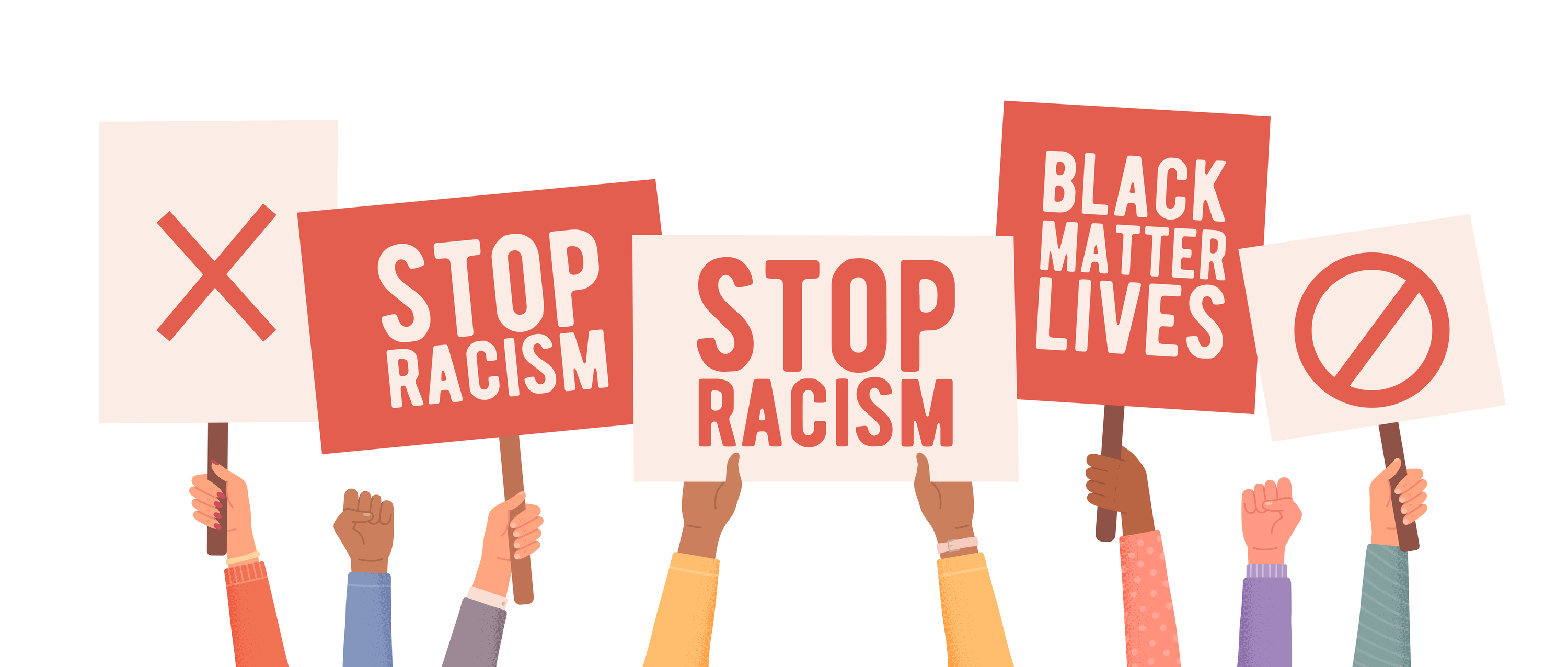Faculty member reflects on antiracism listening sessions

Recently, I had the privilege of hearing from our Black social work students in a Listening Session hosted by our departmental administration. The students were vulnerable and raw and brave. They expressed exhaustion and hope and disappointment. They pointed out ways in which the Garland School of Social Work could be better, Baylor could be better, and our curriculum could be more inclusive and supportive. Many of our Black, Indigenous, and Students of Color have likely felt this for many years, but they finally had the collective voice and platform to express this hurt. I am thankful for them and to them.
I will be honest, some of it was hard to hear. My thoughts raced, and I found myself internally defending a program I have worked hard to help develop, a program that I attended as a student. I was uncomfortable. I was sad, and I was even more saddened when I realized I was making it all about me. You see, my discomfort is one small insight into the discomfort I imagine that BIPOC feel in so many spaces. And, I also realized it is time for me (as a White person) to also be uncomfortable.
Racial justice work takes deep inner work. As Ronda V. Magee writes in her recent book, The Inner Work of Racial Justice, “Racial literacy requires emotional awareness. If you are like most people, you will feel strong emotions in reaction to what others share about race and – you will also feel emotional when you reflect deeply on your own experiences.”
This means that I have to sit with the discomfort I feel and examine the places I have been the perpetrator of racism and privileged by racist structures. All of this introspection requires a willingness to dig into the discomfort, to be wrong, to apologize, to make reparations and to try again.
I am uncomfortable with my privilege, I am uncomfortable with listening without defending and I am working on it. I am praying, I am listening, I am reading, I am working with my colleagues to make our program more inclusive and antiracist. And, in all of this work, I know I will never experience the same discomfort as my Black colleagues and friends who have been uncomfortable, scared, hurt and dismissed by White people their entire lives.
My hope is that the call to action – the call that came from George Floyd, Breonna Taylor and Ahmaud Arbery – that many Americans have felt in these difficult days is also a call to ego work, to the deep inner work of racial justice. You see, if we do the action without the inner work, we will get tired, we will burn out and we will likely do what White people have done for decades: simply stop. In the middle of the first listening session I found myself thinking about other things, my mind wandered, my body felt tired…and I wanted to get away. The reality is, however, that this experience is the very definition of White privilege – the fact that I can think about “getting away” from issues of racial justice.
If I am going to be a true ally, I have to dig deep. I have to do the inner work and practice self-compassion to prevent my ego from becoming defensive. I have to know I have been wrong, I will be wrong and that I need to and will have to say I’m sorry and I will need to try again. As much as I want to be “woke” and aware (and as a social worker feel an obligation to be ahead in the work of social justice issues), I realized after our first session that at my core, I am uncomfortable with the work of racial justice, which tells me that it is my work to do…because our pain points are often the places where we need to pay attention.
I am uncomfortable with my privilege, I am uncomfortable with listening without defending and I am working on it. I am praying, I am listening, I am reading, I am working with my colleagues to make our program more inclusive and antiracist. And, in all of this work, I know I will never experience the same discomfort as my Black colleagues and friends who have been uncomfortable, scared, hurt and dismissed by White people their entire lives. So, to my students, colleagues, friends and family who identify as Black, Indigenous or a Person of Color, I make this promise: I will do the inner work and sit with all of the discomfort, and I will manage my sometimes-fragile ego so that I might be an ally to you for the long-haul. To my White colleagues, friends and family: Will you join me and do the same?